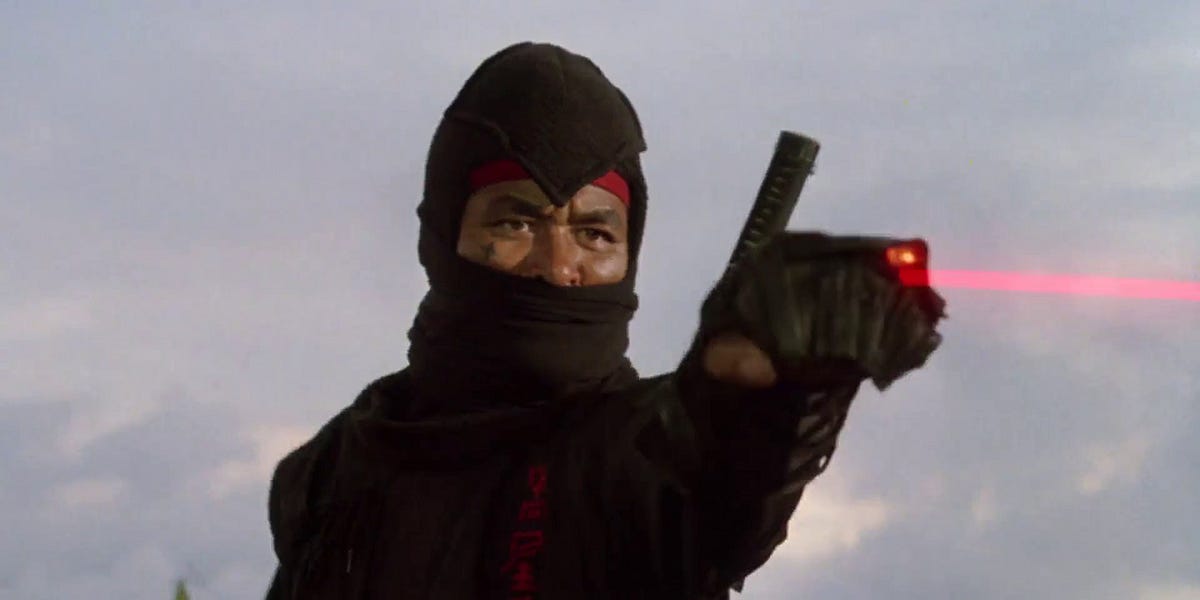- Joined
- Jan 17, 2010
- Messages
- 10,512
- Reaction score
- 13,253
A group named after Benjamin Franklin is attracting scrutiny, and suspicion, as its members gain top diplomatic slots.
By NAHAL TOOSI
If you want to know who’s running the State Department these days, it helps to peruse the website of a relatively new, conservative-leaning organization called the Ben Franklin Fellowship.
The group’s roster includes Deputy Secretary of State Chris Landau, top officials in bureaus such as consular affairs, and even an acting undersecretary or two. The fellows include current and former members of the foreign service, as well as other international affairs specialists. And while the Fellowship describes itself as nonpartisan, its right-of-center views are obvious: It emphasizes goals such as border security; opposes typical diversity, equity and inclusion practices; and advocates for the careful use of U.S. resources abroad.
I have had a number of conversations with founders of the Fellowship, and they clearly cast it as a refuge for a group they believe is marginalized in U.S. diplomacy.

“It is a network of people who are not progressive and who have felt as though they’ve not had a forum like so many others in the State Department over the decades,” said Matthew Boyse, a Fellowship founder and a former foreign service officer.
But many career U.S. diplomats are suspicious of the organization.
They warned me that it could politicize a foreign service that is supposed to be nonpartisan and undermine policymaking by promoting MAGA-infused ideology over facts. Some worry that joining the Fellowship is an unofficial requirement to get ahead in their careers under President Donald Trump, and that its anti-DEI message will hurt women and minorities in a State Department historically dominated by white men. Some also question the qualifications of Fellowship members who have gotten plum assignments.
The Fellowship “seems like a thinly veiled MAGA loyalist roster — like, sign up and you’ll be ‘one of the good ones,’” said one State Department staffer, who, like others, I granted anonymity because they didn’t want to get fired for talking to a reporter.

I’ll be frank: I wasn’t that interested in writing about the Fellowship when I first heard about it months ago. My initial view was: So what if a bunch of right-leaning diplomats link up?
It’s hardly the only group to cater to national security types across the political spectrum — from the left-leaning Truman National Security Project to the right-leaning Hudson Institute. Freedom of association is still a thing, even for diplomats who, regardless of their personal views, are expected to implement the policies of whoever is president.
But I soon concluded that the Fellowship is distinct in its heavy focus on reforming the State Department itself. It is intent on getting people with very specific views into the department, an approach that could affect U.S. foreign policy decades into the future.
And I simply couldn’t ignore the Fellowship after May 2.

That was the day the State Department held its annual Foreign Affairs Day celebration. The event came amid anxiety at State over a reorganization plan that threatens many jobs and Trump’s destruction of the U.S. Agency for International Development. Several key speakers were Ben Franklin Fellows. And things got … awkward.
The speakers included Lew Olowski, State’s acting human resources chief, who touted the Fellowship in his remarks. Olowski’s appointment has been derided by diplomats who argue he is too junior and not qualified for the job.
Then there was Phillip Linderman. He’s a retired diplomat and another Fellowship founder, and he was given a major prize, the Foreign Service Directors General’s Cup. At one point, Linderman told the audience he was accepting the award on behalf of “overlooked” foreign service officers who had “been intentionally passed over for promotion and assignments abroad” due to “extreme” DEI policies.
By NAHAL TOOSI
If you want to know who’s running the State Department these days, it helps to peruse the website of a relatively new, conservative-leaning organization called the Ben Franklin Fellowship.
The group’s roster includes Deputy Secretary of State Chris Landau, top officials in bureaus such as consular affairs, and even an acting undersecretary or two. The fellows include current and former members of the foreign service, as well as other international affairs specialists. And while the Fellowship describes itself as nonpartisan, its right-of-center views are obvious: It emphasizes goals such as border security; opposes typical diversity, equity and inclusion practices; and advocates for the careful use of U.S. resources abroad.
I have had a number of conversations with founders of the Fellowship, and they clearly cast it as a refuge for a group they believe is marginalized in U.S. diplomacy.
“It is a network of people who are not progressive and who have felt as though they’ve not had a forum like so many others in the State Department over the decades,” said Matthew Boyse, a Fellowship founder and a former foreign service officer.
But many career U.S. diplomats are suspicious of the organization.
They warned me that it could politicize a foreign service that is supposed to be nonpartisan and undermine policymaking by promoting MAGA-infused ideology over facts. Some worry that joining the Fellowship is an unofficial requirement to get ahead in their careers under President Donald Trump, and that its anti-DEI message will hurt women and minorities in a State Department historically dominated by white men. Some also question the qualifications of Fellowship members who have gotten plum assignments.
The Fellowship “seems like a thinly veiled MAGA loyalist roster — like, sign up and you’ll be ‘one of the good ones,’” said one State Department staffer, who, like others, I granted anonymity because they didn’t want to get fired for talking to a reporter.
I’ll be frank: I wasn’t that interested in writing about the Fellowship when I first heard about it months ago. My initial view was: So what if a bunch of right-leaning diplomats link up?
It’s hardly the only group to cater to national security types across the political spectrum — from the left-leaning Truman National Security Project to the right-leaning Hudson Institute. Freedom of association is still a thing, even for diplomats who, regardless of their personal views, are expected to implement the policies of whoever is president.
But I soon concluded that the Fellowship is distinct in its heavy focus on reforming the State Department itself. It is intent on getting people with very specific views into the department, an approach that could affect U.S. foreign policy decades into the future.
And I simply couldn’t ignore the Fellowship after May 2.

That was the day the State Department held its annual Foreign Affairs Day celebration. The event came amid anxiety at State over a reorganization plan that threatens many jobs and Trump’s destruction of the U.S. Agency for International Development. Several key speakers were Ben Franklin Fellows. And things got … awkward.
The speakers included Lew Olowski, State’s acting human resources chief, who touted the Fellowship in his remarks. Olowski’s appointment has been derided by diplomats who argue he is too junior and not qualified for the job.
Then there was Phillip Linderman. He’s a retired diplomat and another Fellowship founder, and he was given a major prize, the Foreign Service Directors General’s Cup. At one point, Linderman told the audience he was accepting the award on behalf of “overlooked” foreign service officers who had “been intentionally passed over for promotion and assignments abroad” due to “extreme” DEI policies.








![hhh {<hhh] {<hhh]](http://i.imgur.com/qoAggsG.png)